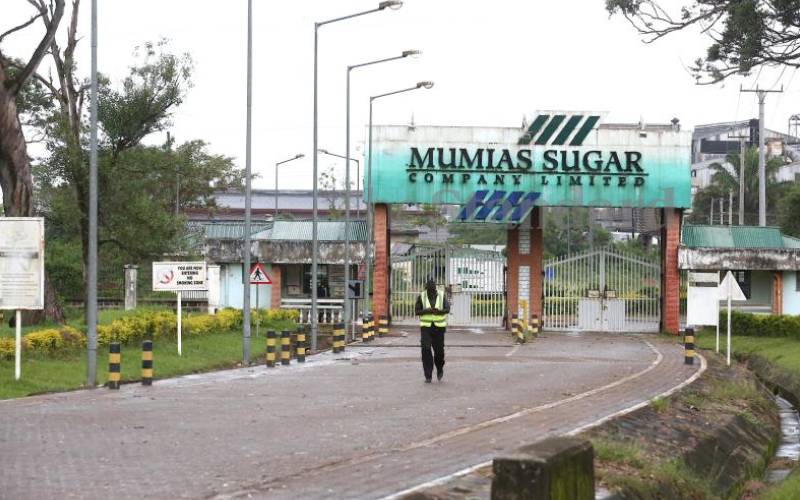×
The Standard e-Paper
Join Thousands Daily

The miller was the largest sugar factory in East and Central Africa. [Benjamin Sakwa, Standard
Mumias Sugar Company was a giant, towering over Kenya’s corporate scene and churning out natural sweetness that controlled the economy and politics of western Kenya.







